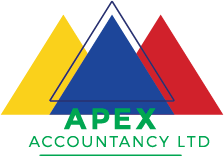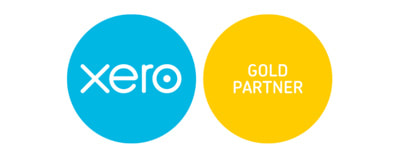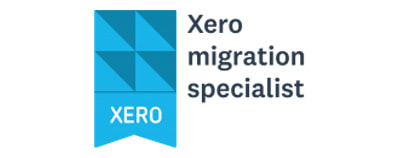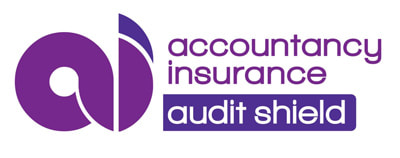|
Your dream business is up and running, money is coming in. Problem is how do you pay yourself for all that hard work? Too much, and you won’t have enough to cover business expenses, taxes and overheads, too little and you won’t have enough to cover personal expenses…so what’s the right balance? How Much Are You Worth
Figuring out your own pay depends on where you are in terms of your industry, location, current profits and most importantly how much you want or need to earn. Don’t undervalue your worth. The first year of business can be the hardest and most stressful, you may not even make a decent profit. Don’t let this sway you into not paying yourself though. There’s no need to place yourself under huge stress by keeping all your profits in the business and you struggling to pay personal bills. Personal financial issues is classed as one of the biggest causes of stress which can dramatically affect your business decision. Figuring Out How Much Is Enough A golden rule to start with is to pay yourself enough to cover your personal expenses and be able to live comfortably without added stress. Include your pay into your business plan right from the start and make it able to rise as your business grows. The more money your business brings in the more you can increase your wage. Accounting software can help you out. With software such as Xero, you can track all your expenses and be able to calculate your business profit. As a bonus you can also identify any areas where you can make tax deductions. Keen on finding out more on Xero and what this software can do for small business: How Much To Pay Yourself | Small Business Guide | Xero NZ Make it Reasonable Depending on the size of your business, location and the market you’re aiming at along with your turnover and yearly profit, a reasonable compensation is the amount of money the government expects you to pay yourself. Yes expects you to pay yourself. So what’s considered reasonable compensation:
Decided On a Wage Amount, Now What? Once you’ve decided what your wage will be let’s look at ways you can be paid and when, while getting the best tax outcome. How your business is legally structured will have an impact on tax rates and allowances. What you need to consider: Drawings: If you’re a sole trader then effectively you are the business and can take out drawings whenever and whatever amount you want. Other types of Business’, taking drawings out is not so straight forward as you will need to set money aside for income taxes which will then be paid in lump sums. This can get messy real quick when tax time rolls around. Straight salary: Regular pay, weekly, fortnightly or monthly however you choose. Incorporate it into your business turnover and place yourself on the payroll. PAYE will be deducted each month like any other employment arrangement. Simple, easy to manage, and regular payments look much better on your accounts and bookkeeping than random large withdrawals. However, not the most tax efficient option. If your business makes extra profit over the year, you may have to pay extra tax. Balance and Dividend Payments: Do you own stock or shares in your company? If so you could have a minimum wage and then pay the rest out of dividend payments. More tax efficient as dividends are normally taxed at a lower rate than salaries are. Great idea for long term growth. Agree to Pay Yourself Later: Not desperate for money at the moment? By all means you can write up a written agreement to pay yourself at a later date. You should note that this agreement would be classed as a liability for the company and would need to be accounted for. Payment in Stock or even take a Salary Plus Annual Bonus: Depending on the circumstance both of these options can be very tax efficient and may be worth looking into. Unsure what option to pick, want more info on what the tax effect for each would be, get in touch with us and we will help you choose the best option for you and your business. When not to pay yourself There are times when it would be wise to hold back from paying yourself:
A Little Something to Think On Any money you take out of your business for personal use will be taxed and won’t be able to be used for business investment and growth. Money left in the business depending on its use will be untaxed or even offset against tax. To grow your business for future profits it can make sense to use some of your profits invested sensibly, to help that growth. In turn you will be able to increase your wages at a later date. Comments are closed.
|
Archives
May 2024
Categories
All
|
OUR PARTNERS

 RSS Feed
RSS Feed



